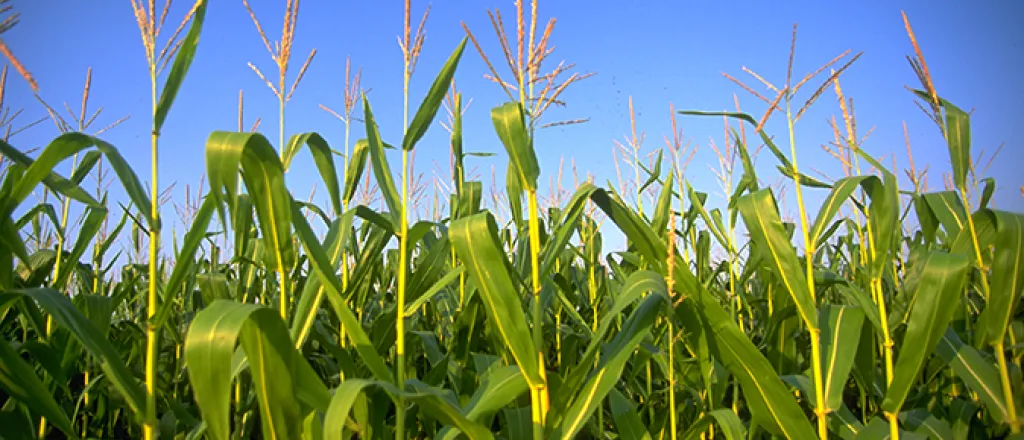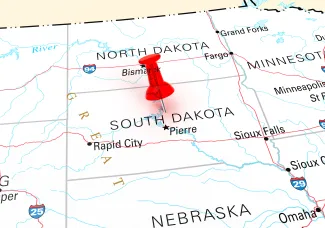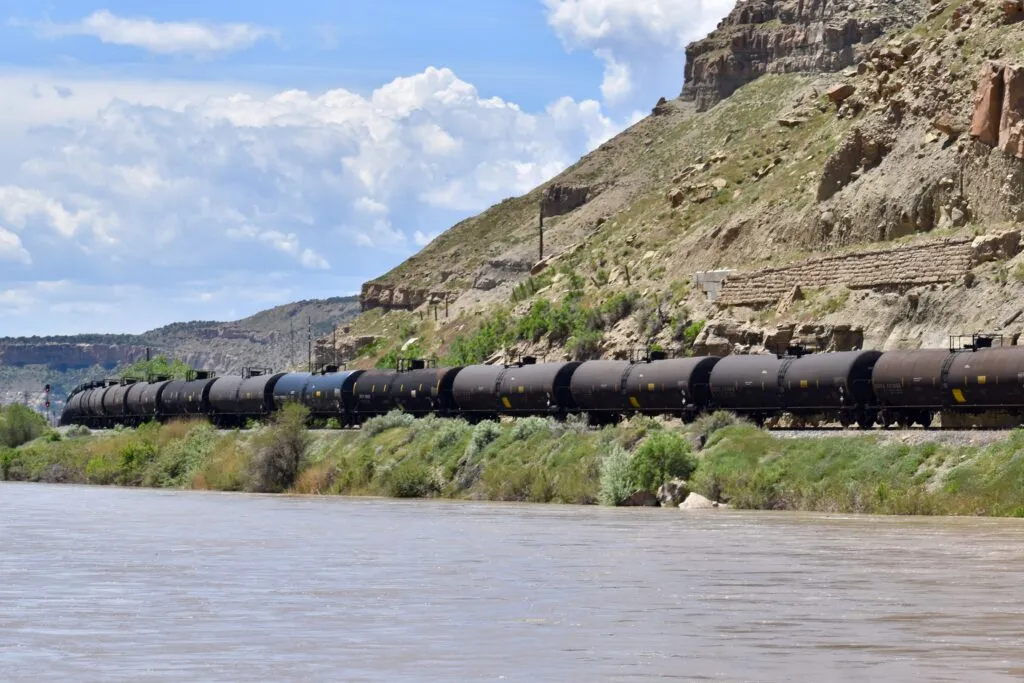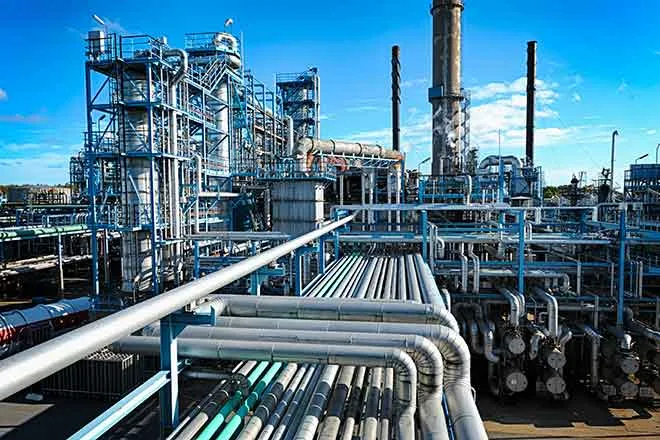
Report: South Dakota ethanol plants release hazardous air pollutants
Click play to listen to this article.
(Greater Dakota News Service) Biofuels are painted as a greener energy alternative to fossil fuels but a new study found the industry produces plenty of its own air pollutants.
American biofuel plants reported emitting nearly 13 million pounds of hazardous air pollution in 2022, according to a report from the Environmental Integrity Project, trailing only slightly behind the 14.5 million pounds oil refineries released.
Tom Pelton, director of communications for the nonprofit, said South Dakota's 16 biofuel plants, which mostly make ethanol from corn, produce about 1.7 million pounds of greenhouse gases each year and 350,000 pounds of air pollution, including known carcinogens. Biofuel production is concentrated in the Midwest and Pelton pointed out people living nearby could suffer health effects.

"It's hard to detect and hard to track, but a person living downwind from one of these plants might have a few percentage points more chance of getting cancer over their lifetime," Pelton explained.
The report recommended the Environmental Protection Agency increase monitoring and control of air pollutants, improve the accuracy of emissions reporting and end current exemptions for ethanol manufacturers under the Clean Air Act. It also suggested ending government subsidies for biofuels, which benefit area farmers and communities.
According to the South Dakota Corn Utilization Council, ethanol production supported nearly 30,000 jobs in the state in 2022 and more than $4 billion in corn production.
Pelton argued expanded agricultural production for the industry can have other negative effects.
"When you subsidize growing corn to make ethanol, more kind of questionable lands are converted from grasslands and forests into row crops of corn," Pelton noted. "That takes away habitat for birds and for insects and for wildlife."
The conversions may also lead to the use of more chemical fertilizers, he added, which can lead to algae blooms and other problems in waterways. Among the 32 U.S. biofuel projects proposed or underway, according to the report, is a new biodiesel facility in Lake Preston, South Dakota.
















